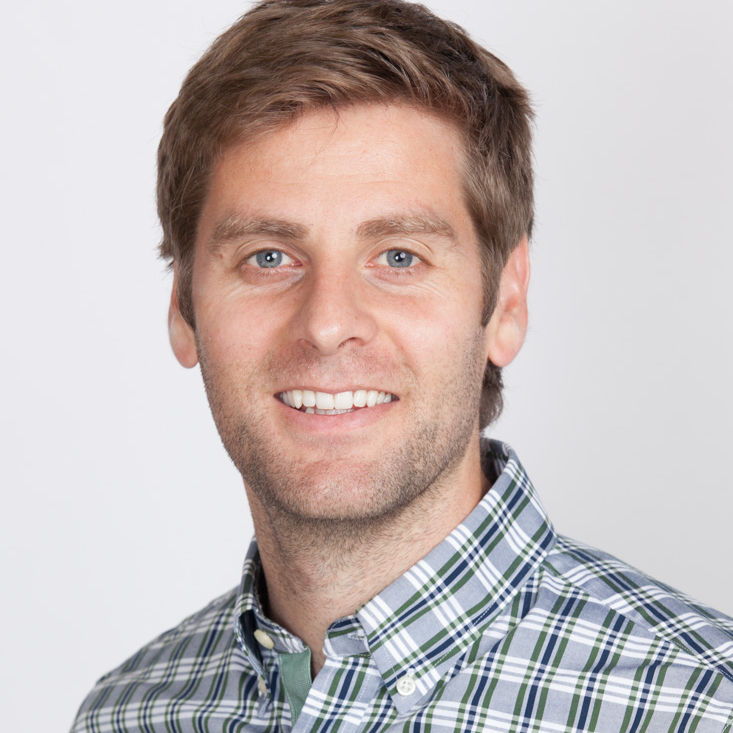Research
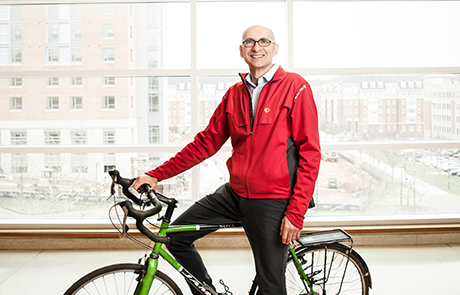 At the Dingman Center, research efforts are led by our academic director, Brent Goldfarb, who is also an associate professor of management and entrepreneurship in the management and organization department at Maryland Smith.
At the Dingman Center, research efforts are led by our academic director, Brent Goldfarb, who is also an associate professor of management and entrepreneurship in the management and organization department at Maryland Smith.
In May 2016, Goldfarb was awarded a Richard Schulze Distinguished Entrepreneur Professorship by the Richard M. Schulze Family Foundation. Schulze Professorships are awarded to premier mid-career entrepreneurship scholars who are thought leaders advancing the field of entrepreneurship. The professorship will provide a three-year annual stipend of $50,000 to support Goldfarb's scholarship.
In April 2017, the Smith School hosted the Smith Entrepreneurship Research Conference (SERC), an annual gathering highlighting the importance of entrepreneurship-focused research papers. The invitation-only conference, attended by prominent researchers and rising stars, helps researchers determine best practices in aligning research findings to practitioner’s goals.
A highlight from this year’s conference was a panel discussion titled, “Entrepreneurship Education: Nurturing Human Capital” moderated by Rajshree Agarwal, Rudolph Lamone Chair and Professor in Strategy and Entrepreneurship and director of the Ed Snider Center for Enterprise and Markets. Dingman Center executive director Elana Fine served on the panel along with Tsegahiwot Belachew from the African Leadership University; Derek Ozkal from the Kauffman Foundation; and Siri Terjesen from American University. Each panelist provided his/her perspective on teaching entrepreneurship followed by a Q&A on opportunities and challenges within the field.
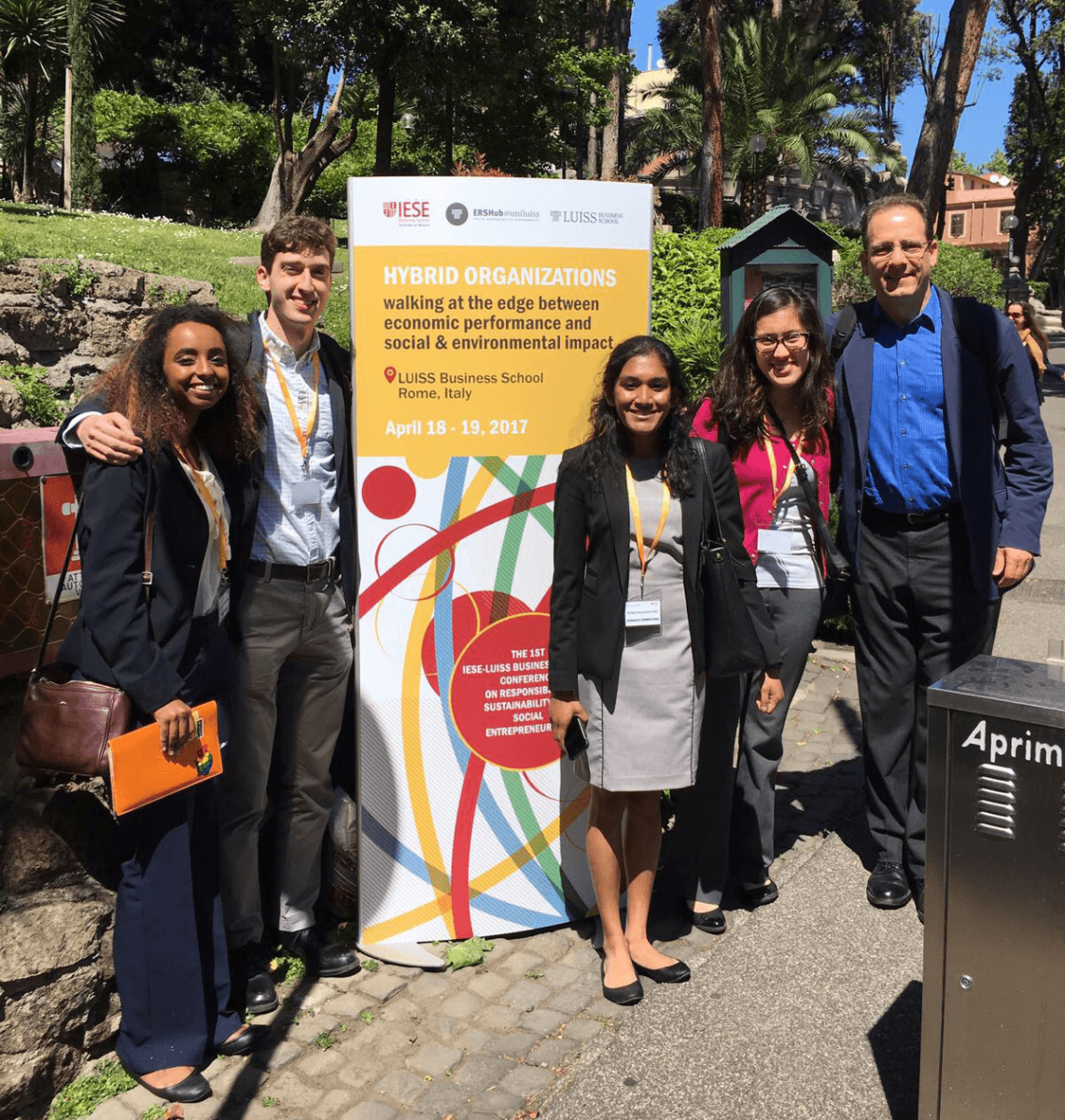 In February 2017, Halcyon Incubator and the Dingman Center announced a new partnership to bring real-world research and entrepreneurial experience into the classroom and to further understand the social entrepreneur community in the United States. A program of the non-profit organization Halcyon, Halcyon Incubator supports early-stage social entrepreneurs via a unique fellowship based out of their headquarters in Washington, D.C. The hallmark of this partnership is collaboration on the 2nd annual Social Enterprise Ecosystems Report, a study of the state of social entrepreneurship across the country. Released for the first time in 2016 by Halcyon Incubator and Capital One, the 2017 report is based on research led by Smith School Associate Professor David Kirsch and a team of Smith students from the Social Innovation Fellows program, supported by the Center for Social Value Creation. The student team is comprised of Fasika Delessa ’18, Sarina Haryanto ’18, Aishwariya Chandrasekar ’17 and Evan Haas ’17.
In February 2017, Halcyon Incubator and the Dingman Center announced a new partnership to bring real-world research and entrepreneurial experience into the classroom and to further understand the social entrepreneur community in the United States. A program of the non-profit organization Halcyon, Halcyon Incubator supports early-stage social entrepreneurs via a unique fellowship based out of their headquarters in Washington, D.C. The hallmark of this partnership is collaboration on the 2nd annual Social Enterprise Ecosystems Report, a study of the state of social entrepreneurship across the country. Released for the first time in 2016 by Halcyon Incubator and Capital One, the 2017 report is based on research led by Smith School Associate Professor David Kirsch and a team of Smith students from the Social Innovation Fellows program, supported by the Center for Social Value Creation. The student team is comprised of Fasika Delessa ’18, Sarina Haryanto ’18, Aishwariya Chandrasekar ’17 and Evan Haas ’17.
In addition to conducting the research for the report, Kirsch and the students produced a paper based on their work, “Social Enterprise Ecosystems: Initial Findings & Propositions.” In April, the team presented the paper at the inaugural IESE-LUISS Business School Conference on Responsibility, Sustainability and Social Entrepreneurship in Rome, Italy. The academic community welcomed these young students already engaged in high-level social entrepreneurship research. The team is currently finalizing the paper and their findings to submit to the Journal of Business Ethics, which is releasing a special issue devoted to the conference.
Entrepreneurship Research
Faculty across the Smith School continue to engage in research on entrepreneurship and its role in the economy. Below you will find works by Rajshree Agarwal, Brent Goldfarb, Anil Gupta, Christine Beckman, and others.
User entrepreneurs and academic entrepreneurs are more likely to disrupt early on in industry evolution. In the early stages, there is no industry knowledge yet because everything is new. In later stages, the threat to established firms comes from employee entrepreneurs because these employees have inside industry knowledge.
Developing a reputation for enforcing non-competes diminishes the proclivity of inventive workers to job-hop. However, the best still leave. The strong enforcement leaves a firm with the least productive employees.
Thomas P. Moliterno, Nikolaus Beck, Christine M. Beckman, and Mark Meyer, Knowing Your Place: Social Performance Feedback in Good Times and Bad Times, Organization Science 201425:6, 1684-1702.
Organizations look to the top for aspirational peers but compare themselves to more modestly performing peers when looking down.
How should managers make sure employees are working and not, say, checking Facebook? The paper shows a tri-part strategy: reminding employees of what they should be doing, limiting their ability to access unapproved activities (e.g., Facebook), and tracking what they are doing. The paper dives deep and shows how these processes must be constant and work together to achieve results.
The paper shows that patents that are most likely to influence technological trajectories for overtime combine previously uncombined knowledge domains. The best inventions make links that were not made before.
Faculty Affiliates
The Dingman Center's Smith School faculty affiliates are committed to the teaching, research, and practice of entrepreneurship. The affiliates work with the center to link activities and programs to their curriculum and syllabi; mentor undergraduate research activity, serve as mentors to student entrepreneurs in the center’s programs. Faculty help students navigate the Smith School’s entrepreneurial resources, refer them to relevant opportunities and provide coaching when developing a venture idea.

Joseph P. Bailey


Protiti Dastidar
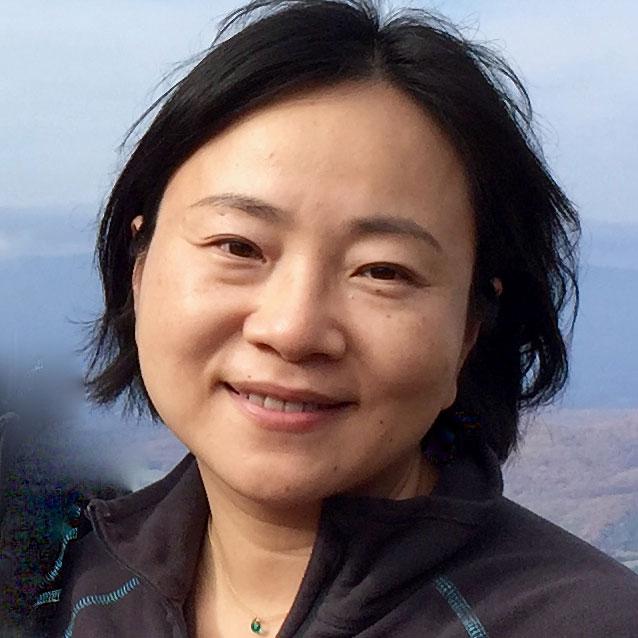
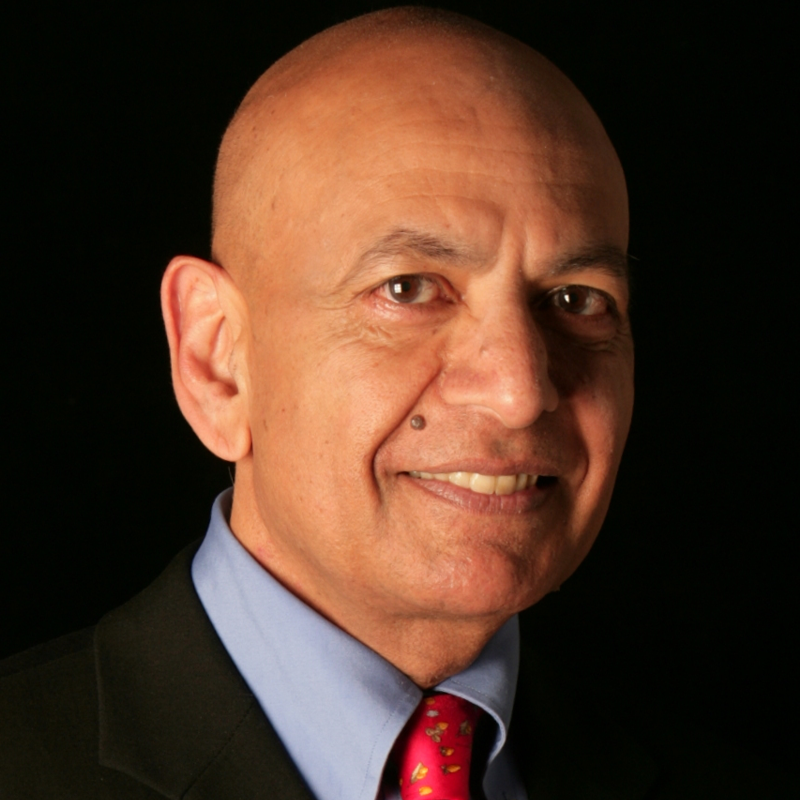
Anil K. Gupta

David A. Kirsch


